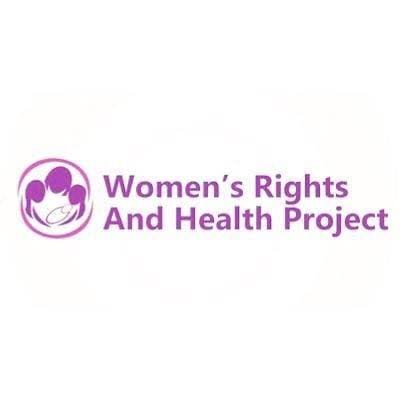The Women’s Rights and Health Project (WRAHP), with support from the Rule of Law and Anti-Corruption Programme (RoLAC II) and International IDEA, has sensitised 65 community members during a Legal Clinic in Mushin Local Government Area, Lagos State.
The clinic, aimed at tackling Sexual and Gender-Based Violence (SGBV), offered professional, confidential, and compassionate legal advice to participants, with a special focus on vulnerable and marginalised groups, especially women and girls.
Speaking at the event, WRAHP’s Executive Director, Bose Ironsi, described the clinic as a critical step toward bridging the justice gap for survivors. “SGBV remains a pervasive challenge in Lagos, leaving survivors struggling to navigate complex legal systems while facing stigma. This clinic empowers them with knowledge of their rights and access to support,” she said.
The initiative also featured sessions on key legal frameworks, including the Lagos State Protection Against Domestic Violence Law, Criminal Law of Lagos State, and the Domestic and Sexual Violence Agency Law.
Beyond legal guidance, participants received counselling on human rights, safety planning, and practical steps for seeking justice. The clinic also worked closely with artisans, traders, and religious leaders to promote a community-wide response to SGBV.
Barr. Iyabo Akinlade of the Legal Aid Council of Nigeria noted that the clinic effectively exposed participants to various forms of SGBV. “There’s a surge in these cases, and sadly, many people still lack awareness. These sensitisation efforts are vital,” she said.
Also speaking, Barr. Clementina Olaniyan, Secretary of the Human Rights Committee, Nigerian Bar Association (NBA), Ikeja branch, hailed the initiative as timely and impactful. “Starting from the community is the best way to curb SGBV. We educated them on offences, punishments, and available remedies, and we plan to follow up with some participants,” she said.
One participant, Mrs. Mary Okunlola, Chairperson of Artisans in Mushin LGA, praised the programme’s impact. “It was very educative. We learned about our rights and how to handle SGBV issues. I hope the clinic continues,” she said.
The legal clinic reinforces the role of civil society in bridging justice gaps and fostering safer communities through grassroots engagement and rights education.














